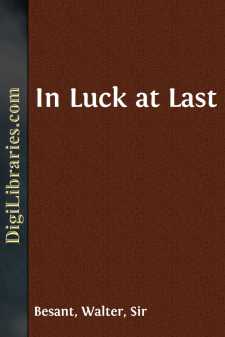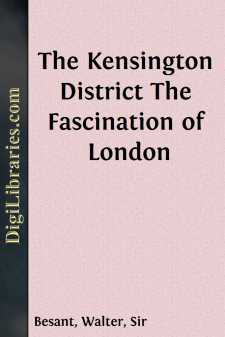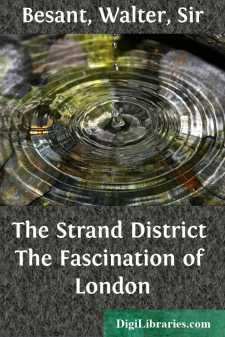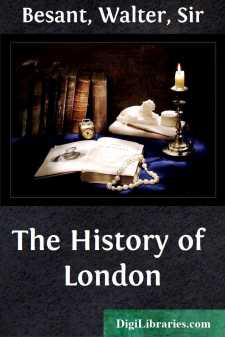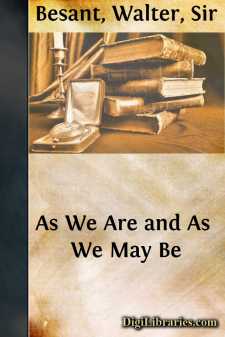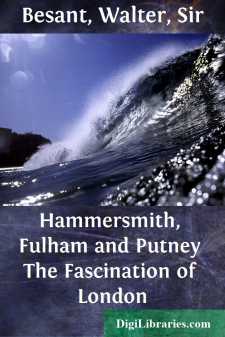Categories
- Antiques & Collectibles 13
- Architecture 36
- Art 48
- Bibles 22
- Biography & Autobiography 813
- Body, Mind & Spirit 142
- Business & Economics 28
- Children's Books 17
- Children's Fiction 14
- Computers 4
- Cooking 94
- Crafts & Hobbies 4
- Drama 346
- Education 46
- Family & Relationships 57
- Fiction 11829
- Games 19
- Gardening 17
- Health & Fitness 34
- History 1377
- House & Home 1
- Humor 147
- Juvenile Fiction 1873
- Juvenile Nonfiction 202
- Language Arts & Disciplines 88
- Law 16
- Literary Collections 686
- Literary Criticism 179
- Mathematics 13
- Medical 41
- Music 40
- Nature 179
- Non-Classifiable 1768
- Performing Arts 7
- Periodicals 1453
- Philosophy 64
- Photography 2
- Poetry 896
- Political Science 203
- Psychology 42
- Reference 154
- Religion 513
- Science 126
- Self-Help 84
- Social Science 81
- Sports & Recreation 34
- Study Aids 3
- Technology & Engineering 59
- Transportation 23
- Travel 463
- True Crime 29
The Ivory Gate, a new edition
by: Walter Besant
Description:
Excerpt
WHO IS EDMUND GRAY?
Mr. Edward Dering, in a rare interval of work, occupied himself with looking into his bank book. Those humble persons whom the City, estimating the moral and spiritual worth of a man by his income, calls 'small,' frequently and anxiously examine their bank books, add up the columns, and check the entries. Mr. Dering, who was not a small man, but a big man, or rather, from a City point of view, a biggish man, very seldom looked at his bank book; first because, like other solicitors in large practice, he had clerks and accountants to do that kind of work for him: next because, like many solicitors, while he managed the affairs of other people with unceasing watchfulness, he was apt to neglect his own affairs. Happily, when one has an income of some thousands, private affairs from time to time force themselves upon their owner in the most agreeable manner possible. They obtrude themselves upon him. They insist upon being noticed. They compel him to look after them respectfully: to remove them from the dulness of the bank, and to make them comfortable in investments.
Mr. Dering opened the book, therefore, having for the moment nothing else to do, looked at the balance, was satisfied with its appearance, and began working backwards, that is to say, upwards, to read the entries. Presently, he came to one at which he stopped, holding his forefinger on the name.
It was on the right-hand side, the side which to small men is so terrifying, because it always does its best to annihilate the cash balance, and seems bent upon transforming addition into multiplication, so amazing are the results. The name which Mr. Dering read was Edmund Gray. The amount placed in the same line opposite to that name was 720l. Therefore, he had drawn a cheque to the order of Edmund Gray for the sum of 720l.
Now, a man may be in very great practice indeed; but if, like Mr. Dering, he knows the details of every case that is brought into the House, he would certainly remember drawing a cheque for 720l., and the reason why it was drawn, and the person for whom it was drawn, especially if the cheque was only three weeks old. Seven hundred and twenty pounds! It is a sum in return for which many and very substantial services must be rendered.
'Edmund Gray!' he murmured. 'Strange! I cannot remember the name of Edmund Gray. Who is Edmund Gray? Why did I give him 720l.?'
The strange fact that he should forget so large a sum amused him at first. Beside him lay a book which was his private Diary. He opened it and looked back for three months. He could find no mention anywhere of Edmund Gray. To repeat: he knew all the details of every case that came into the House: he signed all the cheques: his memory was as tenacious and as searching as the east wind in April; yet this matter of Edmund Gray and his cheque for 720l. he could not recall to his mind by any effort.
There is a certain stage in brain fatigue when one cannot remember names: it is the sure and certain symptom of over-work: the wise man recognises the symptom as a merciful warning and obeys it....



